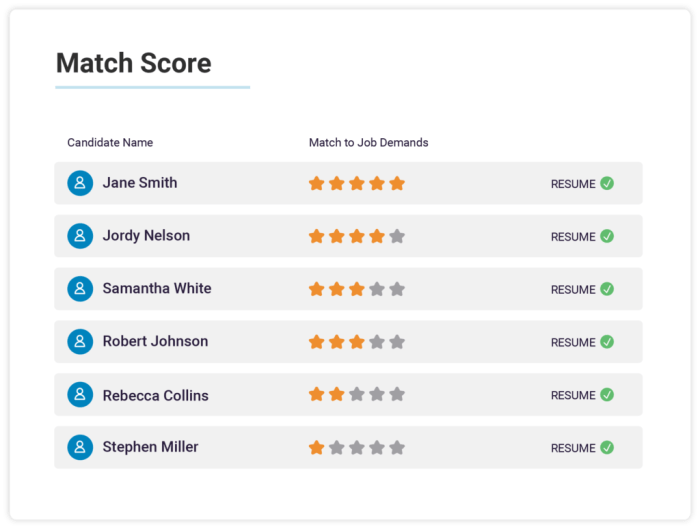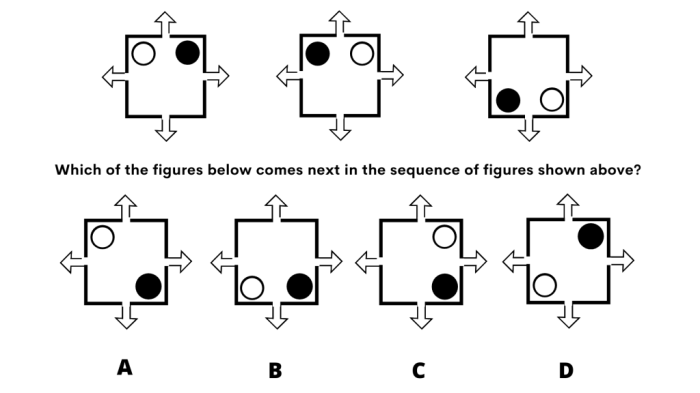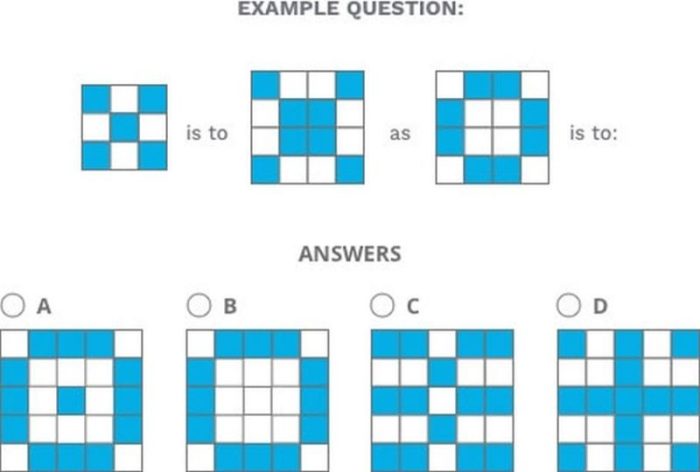The PI Cognitive Assessment Answers PDF delves into the intricacies of cognitive functioning, providing a comprehensive understanding of this essential aspect of human psychology. This assessment tool, designed to evaluate an individual’s cognitive abilities, offers valuable insights into their strengths and weaknesses, aiding in diagnosis, treatment planning, and educational interventions.
The PI Cognitive Assessment encompasses a range of subtests that assess various cognitive domains, including attention, memory, language, and problem-solving. Its comprehensive scoring system and standardized interpretation guidelines ensure reliable and accurate results, making it a valuable tool for professionals in clinical, educational, and research settings.
Introduction
The PI Cognitive Assessment is a comprehensive tool designed to evaluate an individual’s cognitive functioning across a range of domains. It is a standardized and normed assessment that provides a detailed profile of an individual’s cognitive strengths and weaknesses.
The PI Cognitive Assessment is intended for use with individuals who are suspected of having cognitive impairment or who are experiencing changes in their cognitive abilities. It is commonly used in clinical settings, such as neurology, psychiatry, and geriatrics, to aid in diagnosis, treatment planning, and monitoring of cognitive functioning over time.
Target Audience
The PI Cognitive Assessment is appropriate for individuals of all ages, from children to older adults. It is particularly useful for assessing individuals with:
- Suspected cognitive impairment
- Dementia
- Mild cognitive impairment (MCI)
- Traumatic brain injury (TBI)
- Stroke
- Other neurological conditions that may affect cognitive functioning
Key Features of the PI Cognitive Assessment
The PI Cognitive Assessment is a comprehensive neuropsychological assessment battery designed to evaluate cognitive functioning in individuals aged 16 years and older. It consists of 15 subtests that measure a wide range of cognitive abilities, including attention, memory, language, visuospatial skills, and executive functioning.
Subtests Included in the PI Cognitive Assessment
The PI Cognitive Assessment includes the following subtests:
- Attention and Concentration
- Processing Speed
- Immediate Memory
- Delayed Memory
- Working Memory
- Language
- Visuospatial Construction
- Visuospatial Perception
- Executive Functioning
Scoring and Interpretation of Results
The PI Cognitive Assessment is scored using a combination of raw scores and scaled scores. Raw scores represent the number of correct responses on each subtest, while scaled scores are standardized scores that allow for comparison between individuals and across different subtests.
The interpretation of results involves comparing the individual’s scores to normative data to determine areas of strength and weakness in cognitive functioning.
Uses of the PI Cognitive Assessment
The PI Cognitive Assessment (PICA) has diverse clinical applications, including diagnostic purposes and assessing cognitive functioning in various settings.
Diagnostic Purposes
The PICA is a valuable tool for diagnosing cognitive impairments and dementia syndromes. Its comprehensive assessment of cognitive domains allows clinicians to identify specific areas of cognitive dysfunction, such as memory, attention, and executive functioning. By comparing an individual’s performance on the PICA to established norms, clinicians can determine the severity and pattern of cognitive impairment, aiding in the differential diagnosis of conditions like Alzheimer’s disease, vascular dementia, and frontotemporal dementia.
Limitations of the PI Cognitive Assessment
Despite its strengths, the PI Cognitive Assessment has certain limitations that should be considered when interpreting the results:
Cultural Bias
The PI Cognitive Assessment may exhibit cultural bias, as it is predominantly based on Western norms and values. This can impact the assessment of individuals from different cultural backgrounds, as their cognitive abilities may be influenced by cultural factors that are not captured by the assessment.
Test-Retest Reliability
The test-retest reliability of the PI Cognitive Assessment may vary depending on the time interval between administrations. While it generally demonstrates good reliability over short periods, the reliability may decrease over longer intervals, particularly for certain subtests.
Ceiling Effects, Pi cognitive assessment answers pdf
The PI Cognitive Assessment may have ceiling effects for individuals with high cognitive abilities. This means that the assessment may not be sensitive enough to detect subtle differences in cognitive functioning among individuals at the higher end of the spectrum.
Floor Effects
Conversely, the PI Cognitive Assessment may also have floor effects for individuals with low cognitive abilities. In such cases, the assessment may not be able to accurately differentiate between individuals with severe cognitive impairments.
Subjectivity of Scoring
The PI Cognitive Assessment involves some degree of subjective judgment in scoring, particularly for subtests that require qualitative analysis of responses. This can introduce variability in the interpretation of results, especially when multiple examiners are involved.
Lack of Ecological Validity
The PI Cognitive Assessment is administered in a controlled clinical setting, which may not fully capture the individual’s cognitive functioning in real-world situations. This lack of ecological validity can limit the generalizability of the results to everyday activities and environments.
Time Constraints
The PI Cognitive Assessment has time limits for some subtests, which may pressure individuals and affect their performance. This can introduce an element of artificial stress and may not accurately reflect their true cognitive abilities.
Administration and Scoring: Pi Cognitive Assessment Answers Pdf

The PI Cognitive Assessment is administered individually in a quiet and well-lit environment. The examiner reads the instructions and demonstrates the first few items to ensure the participant understands the task.
The assessment is untimed, but most participants complete it within 30-45 minutes. The examiner records the participant’s responses on a standardized answer sheet.
Scoring Procedure
The PI Cognitive Assessment is scored based on the number of correct responses. Each correct response is awarded one point, and the total score is the sum of all correct responses.
The raw score is then converted to a percentile rank, which indicates the participant’s performance relative to other individuals of the same age and education level.
Interpretation of Results
The PI Cognitive Assessment results can be used to identify individuals with cognitive impairment. A score below the 10th percentile is generally considered to be indicative of cognitive impairment.
The assessment can also be used to track changes in cognitive function over time. This can be useful for monitoring the progression of cognitive decline or the effectiveness of treatment interventions.
Practice Questions and Answer Key

To familiarize users with the PI Cognitive Assessment, a set of practice questions and their corresponding answer key is provided below.
Sample Practice Questions
- What is the capital of France?
- Name the largest ocean in the world.
- What is the chemical symbol for gold?
Answer Key
- Paris
- Pacific Ocean
- Au
Additional Resources

To enhance your understanding of the PI Cognitive Assessment, consider exploring the following resources:
These resources provide in-depth information and perspectives on the assessment, its applications, and interpretation.
Websites
- PAR, Inc.: Official website of PAR, Inc. , the publisher of the PI Cognitive Assessment.
- PsychCorp: Website of PsychCorp , a leading provider of psychological assessment tools, including the PI Cognitive Assessment.
Articles
- Peabody Individualized Achievement Test-Fourth Edition (PIAT-4): A Review: Article published in the Journal of Psychoeducational Assessment providing a comprehensive review of the PI Cognitive Assessment, including its strengths, limitations, and applications.
- The Peabody Individualized Achievement Test-Fourth Edition: A Review of the Normative Data: Article published in the Journal of Psychoeducational Assessment examining the normative data of the PI Cognitive Assessment and its implications for interpretation.
Books
- Peabody Individualized Achievement Test-Fourth Edition (PIAT-4) Manual: Official manual of the PI Cognitive Assessment published by PAR, Inc., providing detailed information on the administration, scoring, and interpretation of the assessment.
- Essentials of Psychological Testing: Book by Thomas A. Oakland and Katherine A. Mackinnon that includes a chapter on the PI Cognitive Assessment, discussing its history, development, and applications.
FAQ Resource
What is the purpose of the PI Cognitive Assessment?
The PI Cognitive Assessment is a comprehensive tool designed to evaluate an individual’s cognitive abilities, including attention, memory, language, and problem-solving.
Who is the target audience for the PI Cognitive Assessment?
The PI Cognitive Assessment is commonly used to assess individuals with suspected cognitive impairments, such as those with dementia, traumatic brain injury, or developmental disorders.
How is the PI Cognitive Assessment administered?
The PI Cognitive Assessment is typically administered by a trained professional, such as a neuropsychologist or psychologist, in a clinical or educational setting.